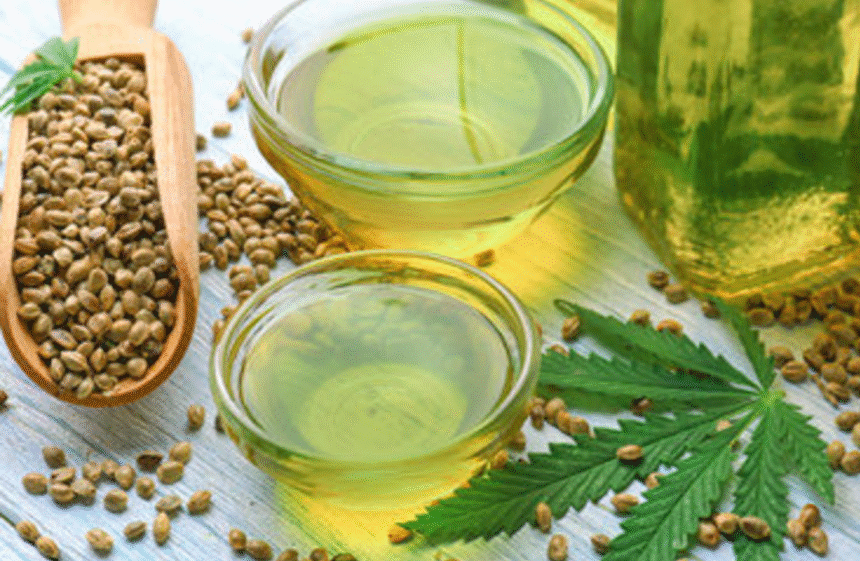Every decade has a new food enemy. First, it was fat. Then, it was sugar. Now, seed oils are under fire—blamed for causing obesity and chronic disease.
Nearly impossible to avoid, seed oils are in everything from salad dressings and fast food to protein bars and even baby formula. Critics claim that they’re harmful, while supporters argue that they’re safe, affordable, and even good for you.
However, the truth is more nuanced. The debate is often oversimplified. Even the term “seed oil” is misleading, lumping together oils that have been part of traditional diets for centuries with those created for large-scale food production.
At its core, the controversy isn’t just about whether seed oils are inherently good or bad—it’s about how they’re processed and consumed.
What Are Seed Oils, Really?
If you’ve been following health trends, you’ve probably heard claims that seed oils are toxic and should be avoided. What exactly are seed oils, and why do some people consider them harmful?
At the most basic level, seed oils are oils extracted from seeds. This might seem harmless—after all, olive oil comes from olives, and coconut oil from coconuts.
But not all seed oils are the same. Some, such as sesame and flaxseed, have been integral to traditional diets for centuries and are extracted through natural, cold-press methods that preserve their nutrients and antioxidants.
However, others are highly processed. Industrial seed oils—such as soybean, corn, canola, sunflower, safflower, cottonseed, grapeseed, and rice bran—are mass-produced through high-heat extraction and chemical refining.
Manufacturers frequently use solvents such as hexane to extract the maximum amount of oil. These oils are refined, bleached, and deodorized, earning them the label “RBD” oils. This process makes them neutral in taste and more shelf-stable, but it also removes beneficial compounds such as vitamin E and antioxidants.
Many industrial seed oils were never intended for human consumption. Canola oil began as rapeseed oil, primarily used as a machine lubricant until Canadian scientists modified it in the 1970s to remove toxic compounds. The name itself—a blend of “Canada” and “oil”—was a marketing invention. “Vegetable oil” is another misleading term—it’s often a blend of industrial seed oils marketed to sound healthier than it is.
Dr. Cate Shanahan, a physician and scientist specializing in dietary fats, explained that industrial seed oils were not developed with nutrition in mind.
“The crude oil from these seeds is inedible,” she told The Epoch Times. “Soy and canola weren’t bred for nutrition—they were bred for high yields and industrial durability.”
Most soy grown in the United States isn’t intended for human consumption at all. According to the Department of Agriculture, more than 70 percent of U.S. soybeans are used for animal feed, while another 5 percent is processed into biodiesel. What remains is primarily refined into soybean oil—a product stripped of much of the soy plant’s original nutritional value.
Additionally, more than 90 percent of U.S. soy is genetically modified to withstand herbicides such as glyphosate, allowing farmers to spray entire fields without harming crops. This high-intensity farming, combined with heavy industrial processing, results in oil far removed from its original form.
Unlike traditional oils such as olive or sesame, which retain their natural antioxidants, industrial seed oils require extensive refining to become shelf-stable. Shanahan argued that this process removes beneficial compounds, making them more prone to oxidation and degradation.
“What works for machines doesn’t always work for humans,” Shanahan said.
Are Seed Oils Good or Bad for Your Health?
Seed oils’ health effects are hotly debated. Some experts say they’re a heart-healthy alternative to butter and other animal fats, while others believe that they might contribute to inflammation and disease.
The Case for Seed Oils as a Heart-Healthy Alternative
For decades, scientists have debated the role of different fats in heart health. Research suggests that replacing saturated fats—found in butter and red meat—with polyunsaturated fats (PUFAs) from seed oils may offer cardiovascular benefits.
Advocates argue that the science is well-established.
“The research on seed oils is consistently positive,” Matthew Nagra, a naturopathic doctor, told The Epoch Times. “Numerous meta-analyses of randomized controlled trials have demonstrated that replacing saturated fat with seed oils rich in polyunsaturated fats can lower the risk of cardiovascular disease, America’s top killer, without any clear detriment.”
Large-scale studies support this claim. A 2021 study of more than 500,000 people found that those who replaced saturated fats with oils such as canola, corn, and olive had a lower risk of heart disease and early death.
“Our findings support shifting the intake from solid fats to non-hydrogenated vegetable oils for cardiometabolic health and longevity,” the authors wrote. Examples of solid fats include butter and lard.
A 2025 study published in JAMA Internal Medicine reinforced these findings, showing that people who ate more plant-based oils—such as olive, soybean, and canola—lived longer and had lower heart disease and cancer rates. Meanwhile, those who ate more butter had a higher risk of early death. The researchers estimated that swapping butter for plant oils could reduce overall mortality risk by 17 percent, including a 17 percent drop in cancer-related deaths.
Because of this growing evidence, the American Heart Association continues to recommend seed oils as part of a heart-healthy diet.









